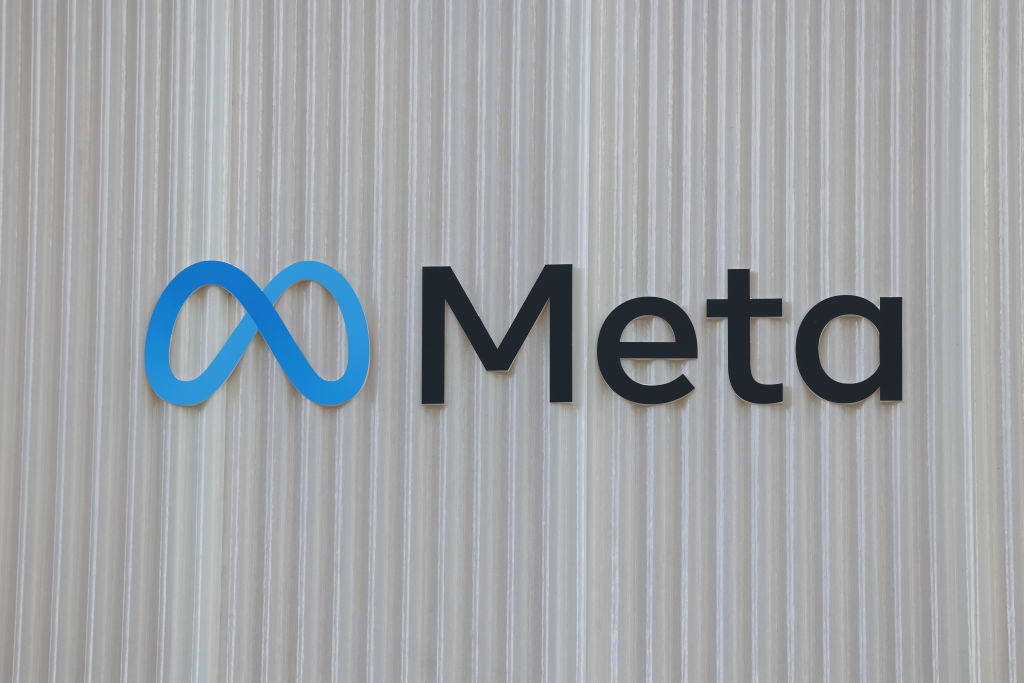In a strategic move to bolster its energy supply for data center operations, Meta is seeking federal approval to enter the electricity trading market. This initiative aims to accelerate the construction of new power plants essential for meeting the growing energy demands of its data centers, particularly as the company expands its AI capabilities.
According to a report from Bloomberg, both Meta and Microsoft are actively pursuing this regulatory approval, following Apple, which has already received similar authorization. The ability to trade electricity will enable Meta to make long-term commitments to purchase power from newly constructed plants. Additionally, it allows the company to mitigate risks by reselling surplus electricity on wholesale markets.
Urvi Parekh, Meta’s head of global energy, emphasized the necessity of this initiative by stating, “Power plant developers want to know that the consumers of power are willing to put skin in the game.” Parekh further elaborated that without a proactive approach from Meta regarding the expansion of energy sources, progress in this area is stagnant. “Without Meta taking a more active voice in the need to expand the amount of power that’s on the system, it’s not happening as quickly as we would like,” she noted.
Addressing Growing Energy Demands
The demand for energy is particularly pressing as tech companies ramp up their AI-related projects. For instance, Meta reportedly requires at least three new gas-powered plants to support its data center campus in Louisiana, highlighting the unprecedented energy needs that accompany ambitious AI initiatives. As AI technologies evolve and require more computational power, the strain on existing energy infrastructures is set to increase.
This move into electricity trading reflects a broader trend within the tech sector, where companies are not only consumers of energy but also seek to exert influence over energy markets. By participating in electricity trading, Meta aims to secure a more reliable energy supply while potentially lowering costs and minimizing environmental impacts through strategic energy sourcing.
Implications for the Energy Market
The entrance of major players like Meta and Microsoft into energy trading could significantly reshape the electricity market landscape. As these tech giants leverage their financial resources and clout, they may drive innovation in renewable energy sources and contribute to the transition away from fossil fuels. The ability to trade electricity could encourage the development of more sustainable energy solutions, aligning with global efforts to combat climate change.
Furthermore, this strategy could enhance energy resilience for tech companies, providing them with the flexibility to respond to market fluctuations and energy demand spikes. As such, it not only benefits the companies involved but could also have positive ripple effects for consumers and the environment.
In conclusion, Meta‘s pursuit of federal approval to trade electricity represents a pivotal step towards addressing the energy challenges posed by its expanding data center operations. This initiative underscores the intertwining of technology and energy sectors, showcasing how tech companies are increasingly becoming crucial players in the energy market. As further developments unfold, the implications for both industries will be significant and far-reaching.
See also US Tech Stocks Plunge: Volatility Soars as AI Bubble Fears and Tariff Woes Intensify
US Tech Stocks Plunge: Volatility Soars as AI Bubble Fears and Tariff Woes Intensify Top 10 Text-to-Video AI Tools: Features, Pros, and Cons for 2025
Top 10 Text-to-Video AI Tools: Features, Pros, and Cons for 2025 AI Investment Risks Surge as OpenAI’s $1.4T Bet Faces Economic Headwinds and Fading Returns
AI Investment Risks Surge as OpenAI’s $1.4T Bet Faces Economic Headwinds and Fading Returns Google DeepMind’s Lila Ibrahim Reveals Strategies for Global AI Accessibility
Google DeepMind’s Lila Ibrahim Reveals Strategies for Global AI Accessibility Raymond James Upgrades Doximity: AI-Focused Growth Potential Sparks Investor Interest
Raymond James Upgrades Doximity: AI-Focused Growth Potential Sparks Investor Interest































































